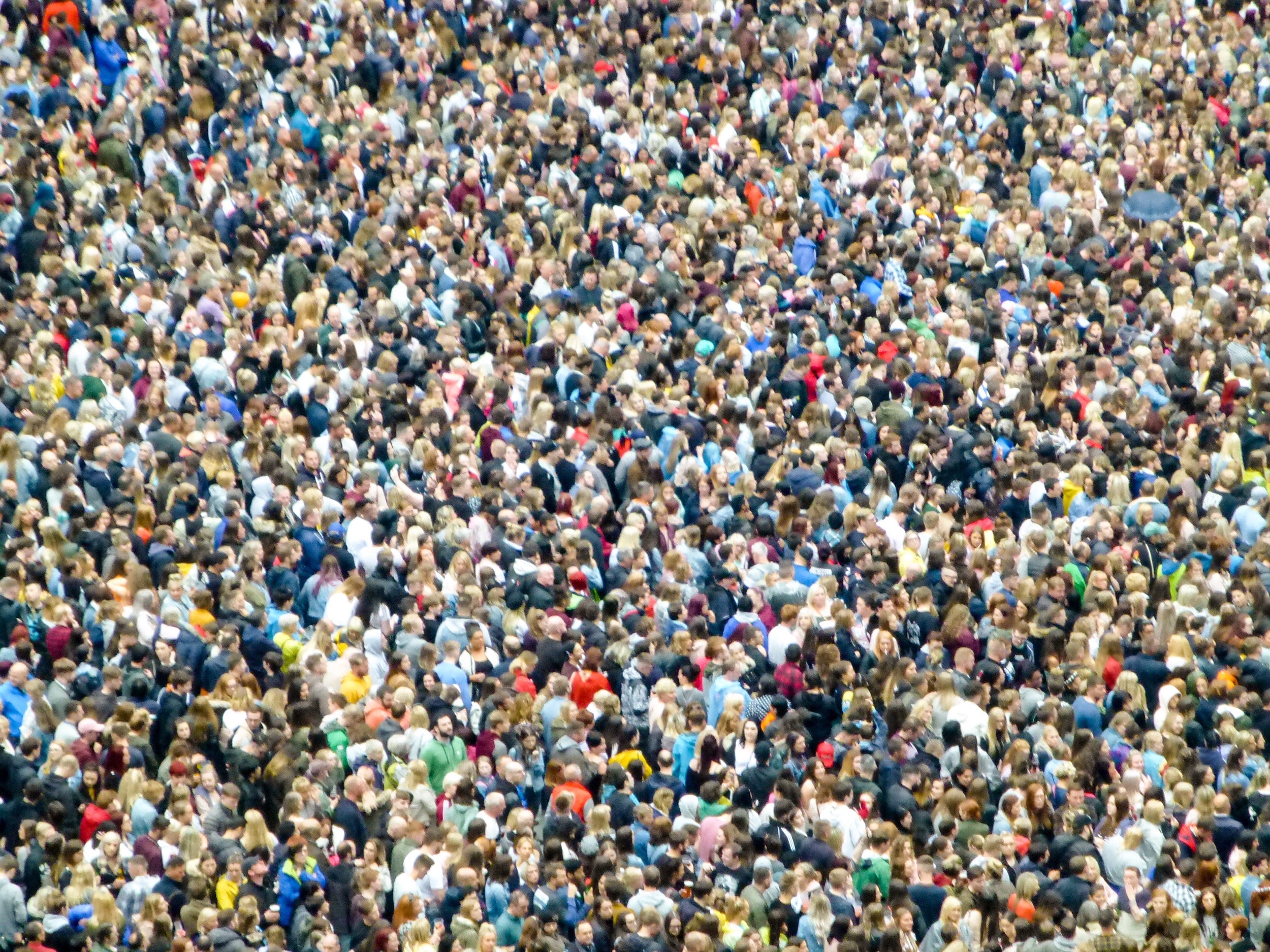A quote most often attributed to the philosopher George Santayana: Those who ignore history are doomed to repeat it. History contains valuable lessons that can be used to improve behavior (amongst other things) in the future. This is especially relevant in regard to public health; and in today’s climate, to COVID-19.
A Look Back at History

The 1918 influenza pandemic did eventually end, when those infected either died or developed immunity. At the end of the pandemic, it is estimated that 1/3 of the world’s population had been infected. The H1N1 virus responsible for the 1918 pandemic had a calculated mortality rate of 2.5%, with an additional large proportion of individuals dying of secondary infections (albeit this was prior to the invention of antibiotics). The R0 value (the number of people expected to be infected from a single infected person) was 1.8. In comparison, the SARS virus responsible for COVID-19 has a calculated mortality rate between 1 – 2% and an R0 value of 2.2.
COVID-19 in Comparison
Comparing the two, the virus that causes COVID-19 is less deadly and more infectious than the virus that caused the 1918 flu. On the surface, the decreased deadliness of the COVID-19 virus may seem like a good thing, but to a virus (whose only “goal” is the infect the next host and replicate) being especially deadly is actually not a good thing – if your host dies before infecting another, the virus “dies” also. The best, most successful viruses do not kill their hosts at all – think herpes viruses, such as the one that cause cold sores. In the context of COVID-19, we have a virus that allows hosts to live long enough to spread the infection to another (hence the elevated R0 value). The advent of modern medical treatments mean it is unlikely the death count will ever surpass that seen by the end of the 1918 pandemic, however, it is not for lack of trying on the virus’s part.

The advent of the internet and social media has added an interesting complication in the current COVID-19 situation. The internet armchair experts and the growing mistrust in the medical system and science in general perpetuated by some world leaders has created a climate where we are fighting not only the virus, but also society itself. Anti-mask protests, vaccine deniers, and other similar science-denying groups are becoming more and more pervasive. The most reasonable of these groups tout infringement of human rights as argument for their non-compliance… is there any value to this argument? Again, looking at history can help untangle this tricky issue and view it with the clarity that hindsight affords.
Have You Heard About Mary?
At the turn of the last century, a woman named Mary Mallon threw the medical world for a loop when it was shown that she had caused the infection (and in some cases deaths) of thousands, due to her healthy (non-symptomatic) carrier status of the bacterium Salmonella typhi (which causes Typhoid fever, a deadly infection common at the time). After being “captured” the first time, Mary Mallon intentionally re-entered society and began working as a cook after being told by health authorities that her work as a cook was causing her to transmit typhoid fever to others. Mary Mallon was eventually imprisoned on an island (effectively quarantining her) to prevent her from deliberately infecting others. Mary Mallon’s story and her eventual forced imprisonment brought attention the tension between public health and personal freedoms, which is exceptionally relevant to today’s COVID-19 situation.
COVID-19: Oppression or Inconvenience?
While we can likely all agree that forced imprisonment is indeed an infringement on personal freedoms, let’s not confuse oppression with inconvenience. While a lifetime sentence on a quarantine island is indeed oppressive, wearing a mask to the store or postponing a trip is NOT oppression.
Thinking back to the infectivity of COVID-19, we know we are dealing with a virus that is highly infectious and can be deadly. As non-symptomatic carriers have been shown to contribute to spread of the COVID-19 virus, any one of us could be potentially causing harm in others by refusing to wear a mask or gathering in large groups. These restrictions are indeed inconveniences, but they are not oppressive. In any society, there is no such thing as complete freedom. When we live as part of a society and benefit from its conveniences, we agree to give up some personal freedoms to do so. When exercising a personal freedom has the potential to cause harm or death in another member of society, you are not owed that freedom. Individual liberties cannot always trump social responsibility.
COVID-19: Put it into Perspective
We are so accustomed to the ease and convenience of life today that the smallest inconveniences are viewed as oppressive. We could all benefit from a trip into the history books to recollect the challenges and actual oppression of the past and get some perspective on how minimal today’s restrictions and inconveniences really are.
So, wash your hands and put your mask on – it is your social responsibility to do so. And remember, this too shall pass.
Questions? Contact Our Team for Answers
How Can We Help You?
Contact us at JADA Solutions (HSE) Inc. to speak with one of our professionals!
Newsletter
📹 Watch our latest Safety Toolbox Talk: Mould and Fungi 101: Viable vs. Non-Viable Mould Testing
💡Are all moulds considered fungi? And why should we care? This leads us to explaining the two different types of testing for mould exposure: viable vs non-viable.
🔍 Lead and Heavy Metal Exposure: Are You Protecting Your Workers?
Lead and other heavy metals can quietly put your team at serious risk - especially during construction, demolition, or manufacturing projects.
Our last Asbestos Worker in Alberta 2-Day Training Course before the Summer season happens at the end of this month!
🗓️ June 24th - 25th
⏰ 8AM - 5PM
💵 $525
📍 Sherwood Park, AB
Claim your spot now! 👉


